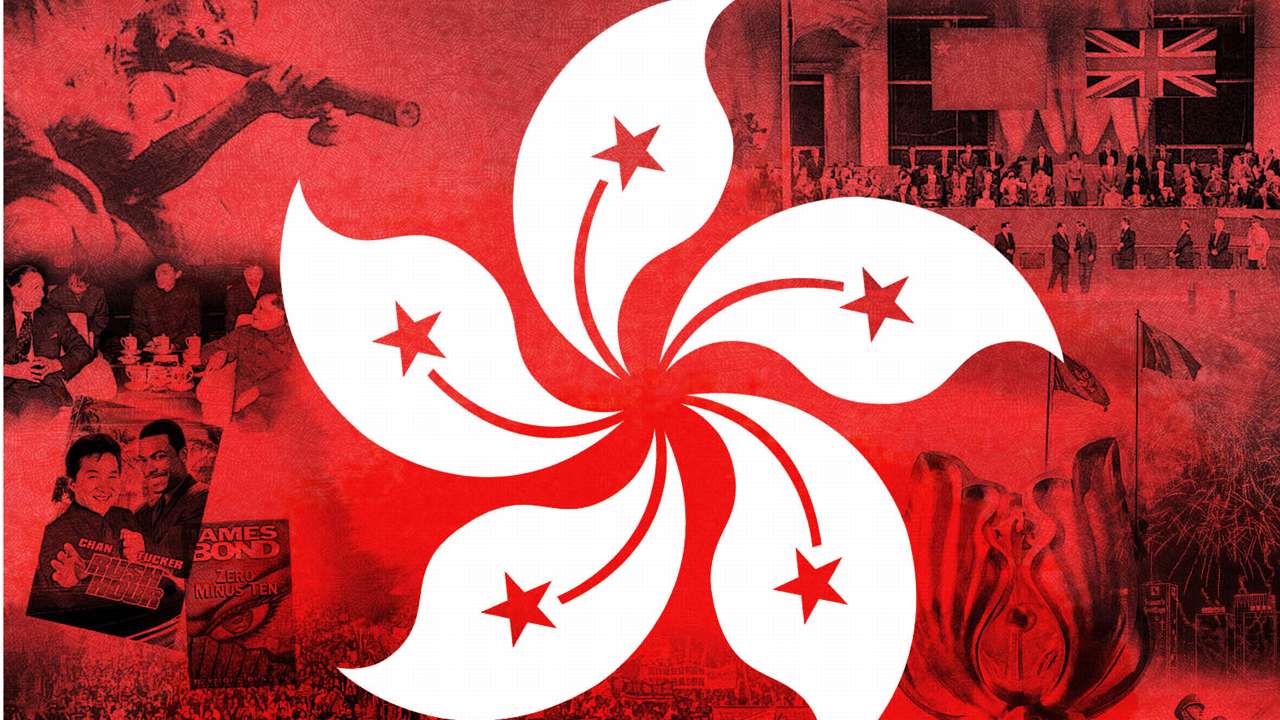February 24, 2016 | 2:00pm – 4:00pm | East Common Room, Hart House
Registration: https://one-belt-one-road.eventbrite.ca
Join Synergy: The Journal of Contemporary Asian Studies at the Asian Institute for a panel conference on China’s One Belt One Road Initiative. One Belt One Road: A New Era of China’s Geopolitical Strategies aims to examine the dramatic shift in China’s recent geopolitical strategies and China’s rising international role through an academic approach, specifically focusing on the centrepiece initiative of China’s new geopolitical agenda — the “One Belt One Road” (OBOR) initiative. China as a nation which has long sought to maintain a low international profile, has in recent years begun to advocate a greater role for itself in the international order. The “One Belt One Road” (OBOR) initiative is a China-led multilateral initiative announced by Chinese President Xi in late 2013, with the aim to promote economic engagement and investment in the Eurasia continent along two main travel routes — “One Belt” and “One Road”. “One Belt” refers to the “New Silk Road Economic Belt” sub-initiative, which aims to extend China’s continental road westward through Central Asia to Europe. “One Road” refers to the “21st-Century Maritime Silk Road” sub-initiative, which aims to extend the maritime road from China to Southeast Asia and eventually to Europe. The OBOR is backed financially by the US $40 billion Silk Road Fund from China’s state government and the Asian Infrastructure Investment Bank (AIIB) — a multilateral financial institution spearheaded by China. The implications of this massive and ambitious geopolitical agenda is the centre discussion of this panel.
Schedule
2:10-2:13 Welcome Remarks from Editor-in-Chief: Susan Cui
2:13-2:18 Remarks from Deputy Consul General of PRC Consulate Mr. Xu Wei
2:18-2:20 Remarks from the Chair: Karl Yan (PhD)
2:20-2:35 Panelist #1: Professor Hasan H. Karrar (Skype presentation from Pakistan)
2:35-2:50 Panelist #2: Professor Jeremy Paltiel
2:50-3:05 Panelist #3: Professor Victor C. Falkenheim
3:05-3:40 Discussion Period moderated by the Chair
3:40-3:58 Q&A
3:58-4:00 Closing Remarks by Editor-in-Chief: Susan Cui
4:00-5:00 Reception
Chair: Karl Yan – Karl is a Ph.D student in political science at the University of Toronto. Karl’s research focuses on global hegemony, comparative political economy, authoritarian politics, and the Chinese Communist Party. His recent conference presentation at Tsinghua University highlighted the emergence of AIIB and the New Development Bank as new international financial institutions, and these institutions’ impacts on the existing global order.
Panelists:
 Jeremy Paltiel – Jeremy Paltiel is Professor of political science at Carleton University in Ottawa and was visiting professor at the department of international relations at Tsinghua University in Beijing in 2009. He previously taught at the University of Alberta (1984-1990), the University of Arizona (1983-84), and the University of California at San Diego (1981-83). He received his BA in East Asian Studies from the University of Toronto in 1974 a diploma in Philosophy from Beijing University in 1976 his MA (1979) and his PhD (1984) in political science from the University of California, Berkeley.
Jeremy Paltiel – Jeremy Paltiel is Professor of political science at Carleton University in Ottawa and was visiting professor at the department of international relations at Tsinghua University in Beijing in 2009. He previously taught at the University of Alberta (1984-1990), the University of Arizona (1983-84), and the University of California at San Diego (1981-83). He received his BA in East Asian Studies from the University of Toronto in 1974 a diploma in Philosophy from Beijing University in 1976 his MA (1979) and his PhD (1984) in political science from the University of California, Berkeley.
He has published widely on subjects relating to China and its foreign relations. He is the author of The Empire’s New Clothes: Cultural Particularism and Universality in China’s Rise to Global Status (Palgrave, 2007) and “China and the Six-Party Talks” (2007), “Mencius and World Order Theories”(2010), “China’s Regionalization Policies: Illiberal internationalism or Neo-Mencian Benevolence?” (2009). He has just published a co-edited volume with Huhua Cao, Facing China as a New Global Superpower: Domestic and International Dynamics from a Multidisciplinary Angle published by Springer. In addition he has authored numerous other articles on Chinese politics, East Asian foreign relations and Sino-Canadian relations.
 Hasan H. Karrar (video presentation) – Hasan H. Karrar is an assistant professor of History specializing in modern Chinese and Central Asian history and political economy at the Lahore University of Management Sciences, Pakistan. His current research is focused on informal connections across the greater Central Asian region (inclusive of western China and northern Pakistan) since the 1980s. His earlier research on the development of Sino-Central Asian relations appeared as The New Silk Road Diplomacy: China’s Central Asian Foreign Policy Since the Cold War (Vancouver: University of British Columbia Press, 2009).
Hasan H. Karrar (video presentation) – Hasan H. Karrar is an assistant professor of History specializing in modern Chinese and Central Asian history and political economy at the Lahore University of Management Sciences, Pakistan. His current research is focused on informal connections across the greater Central Asian region (inclusive of western China and northern Pakistan) since the 1980s. His earlier research on the development of Sino-Central Asian relations appeared as The New Silk Road Diplomacy: China’s Central Asian Foreign Policy Since the Cold War (Vancouver: University of British Columbia Press, 2009).
 Victor Falkenheim – Victor C. Falkenheim is Professor Emeritus of Political Science and East Asian Studies at the University of Toronto where he has taught since 1972. Educated at Princeton (B.A) and Columbia (MA & Ph.D) Professor Falkenheim has previously served twice as Chair of the Department of East Asian Studies as well as Director of the Joint Centre for Modern East Asia. His research interests and publications center on local politics and political reform in China. He has lectured widely in China and has worked on a number of CIDA and World Bank projects in China over the past two decades. His publications include Citizens and Groups in Contemporary China, and Chinese Politics: From Mao to Deng.
Victor Falkenheim – Victor C. Falkenheim is Professor Emeritus of Political Science and East Asian Studies at the University of Toronto where he has taught since 1972. Educated at Princeton (B.A) and Columbia (MA & Ph.D) Professor Falkenheim has previously served twice as Chair of the Department of East Asian Studies as well as Director of the Joint Centre for Modern East Asia. His research interests and publications center on local politics and political reform in China. He has lectured widely in China and has worked on a number of CIDA and World Bank projects in China over the past two decades. His publications include Citizens and Groups in Contemporary China, and Chinese Politics: From Mao to Deng.
Event Co-sponsor: Asian Institute, Munk School of Global Affairs, University of Toronto








